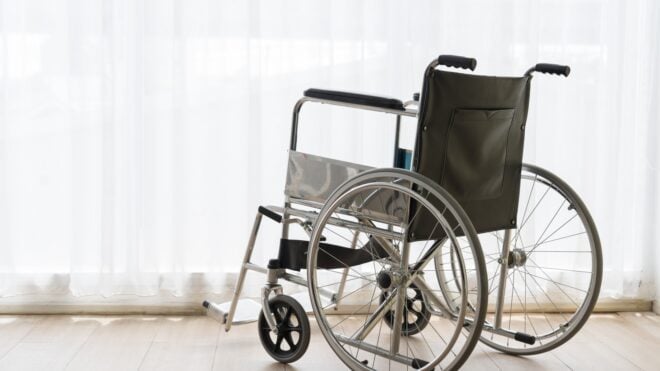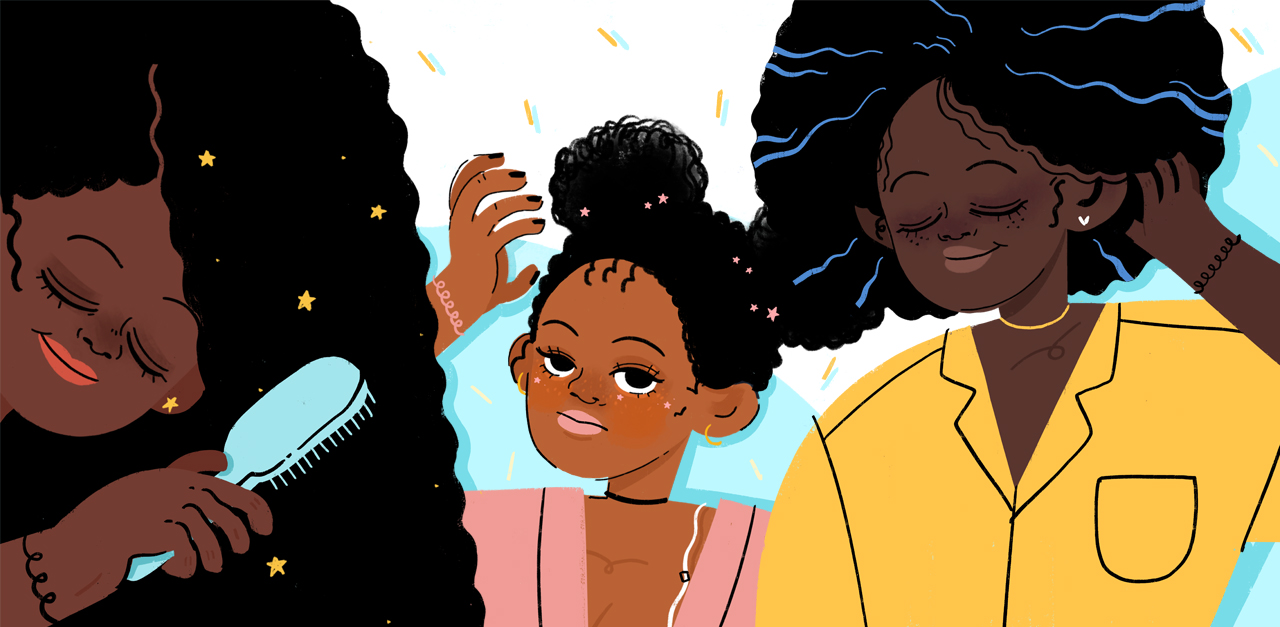
Whether you’re someone who’s been rockin’ natural hair for years or someone whose tresses are chemically processed, these easy tips for keeping your hair healthy will definitely work for you. If you’re seriously considering letting your natural hair shine through, you need to follow this simple advice.
What’s really awesome about this list is that everything described here is proven to work, and you won’t break the bank by trying these tips. In fact, a lot of this stuff is already in your kitchen pantry, bathroom cabinet, or bedroom drawer.
Are you ready to blow people’s minds with your full, fabulous, and down-to-your-shoulders natural hair? While it might not exactly be a cakewalk to achieve great results, if you’re committed and consistent, you can have the kind of hair you’ve always dreamed of. Your hair will be so amazing, you'll never want to return to relaxers or texturizers ever again!
Read more about how to keep your hair looking and feeling gorgeous below.
The Cool Thing About Natural Hair
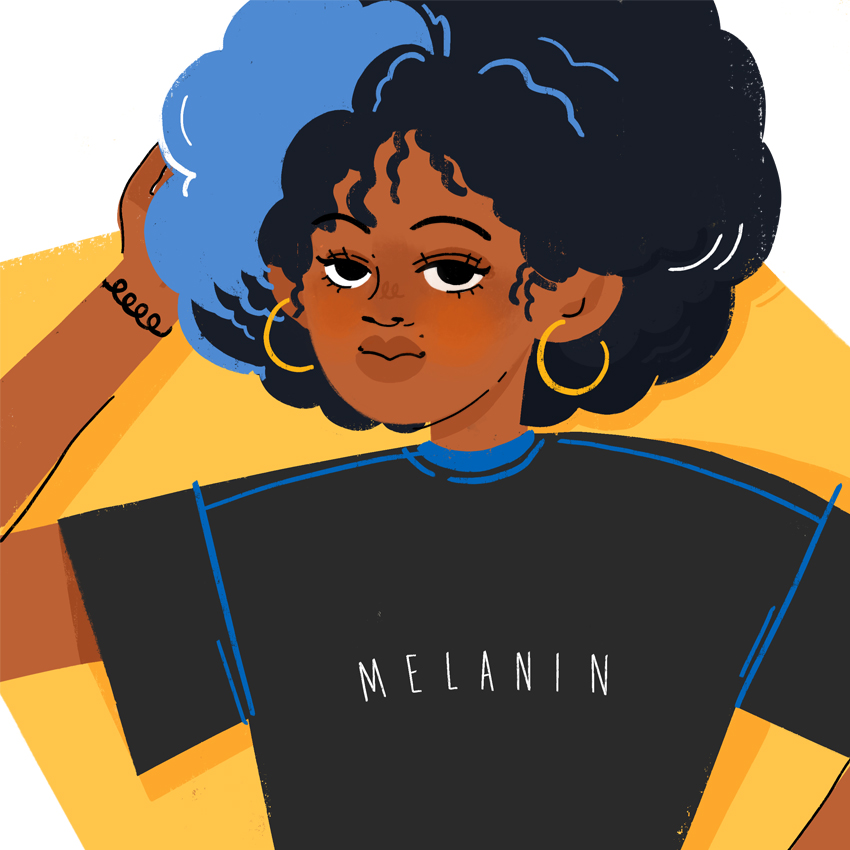
The truth is, every ethnicity has something that’s really cool about their hair. If you happen to be an African-American woman, your hair's texture can be significantly changed, which means you can take advantage of so many different styles. How cool is that? Plus, wearing the hair that Mother Nature gave you is better for your hair health than relying on chemicals.
This is just the tip of the iceberg when it comes to why going natural is something you should celebrate.
The Two Biggest Natural Hair Myths
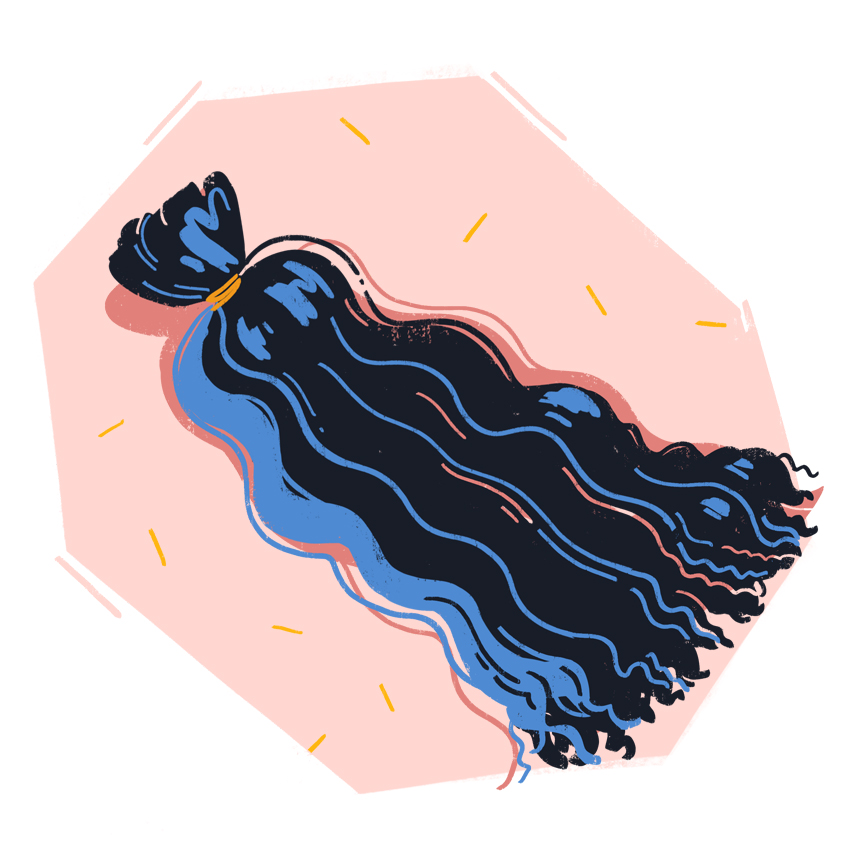
There are actually a lot of myths about natural hair, but here are two that definitely top the list:
The first is that natural hair is super strong. The reality is that it’s quite fragile. Your hair's natural curls make it harder for the body’s oils to work their way all the way down each hair shaft. As a result, if your hair is not properly moisturized, it can sustain a lot of breakage.
The second is that natural hair cannot grow long. This is just completely false. Tons of women with natural hair have tresses that are bra-length and beyond. The secret to having long natural hair is knowing the tricks to maintain length retention.
13 Things You Need for Your Natural Hair 1. Hair Porosity Test
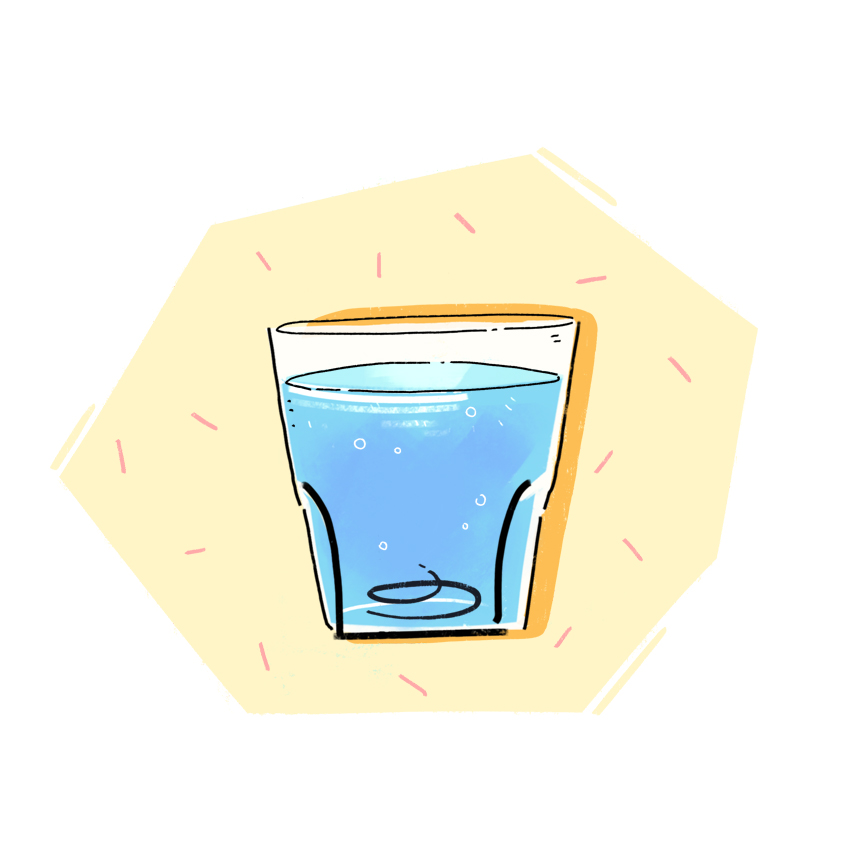
Growing out long and healthy natural hair starts with getting to know your hair's porosity, which means how well your hair is able to maintain moisture.
Low-porosity hair has very tight cuticles that repel moisture. Medium-porosity hair has looser cuticles and requires the least amount of maintenance. High-porosity hair contains gaps in its cuticles, usually as a result of damage.
How can you figure out which type of porosity your hair is? A popular way is to take the "float test." Drop a couple strands in water. If they are still floating after a couple minutes, you have low-porosity hair. High-porosity hair will sink.
2. Non-Sulfate Shampoo
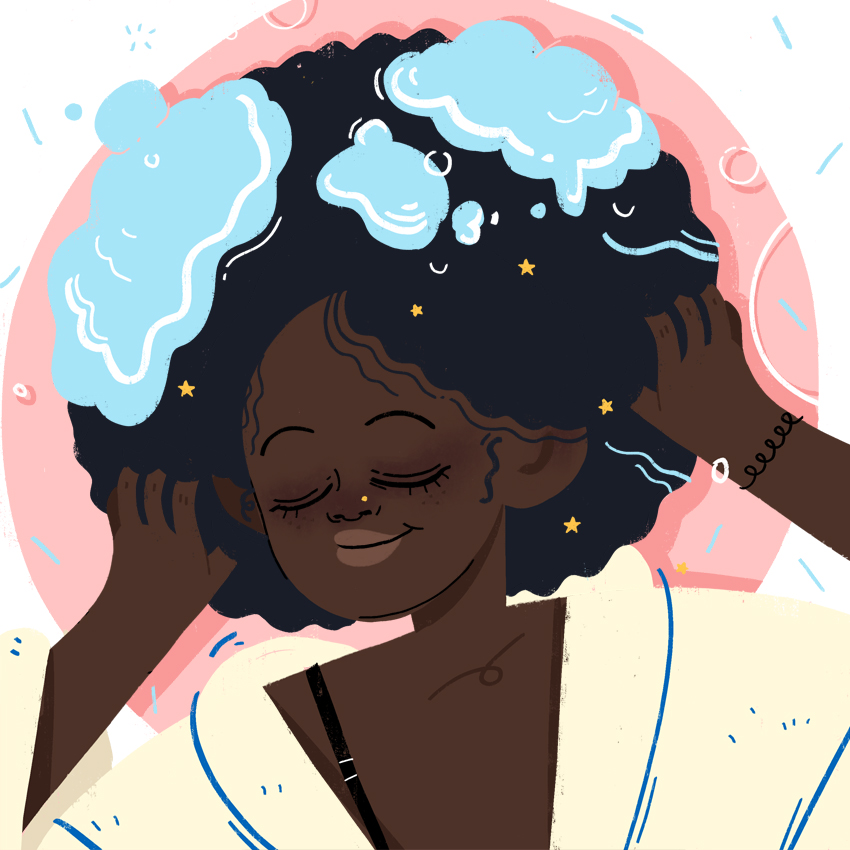
One of the reasons that many Caucasian women need to wash their hair a few times a week is because their hair is naturally straight. This makes it easier for their body’s natural oils to coat each strand of hair, resulting in oily, stringy hair if not washed often.
Curly hair can make an African-American woman’s hair pretty dry; that’s why they don’t need to wash it quite as often — once a week at the most, twice a month at the least.
To avoid stripping your hair of the oil it has, it’s best to wash it with a non-sulfate shampoo. Why? While sulfates clean hair, they also strip it of moisture, which can lead to breakage over time.
3. Deep Conditioner
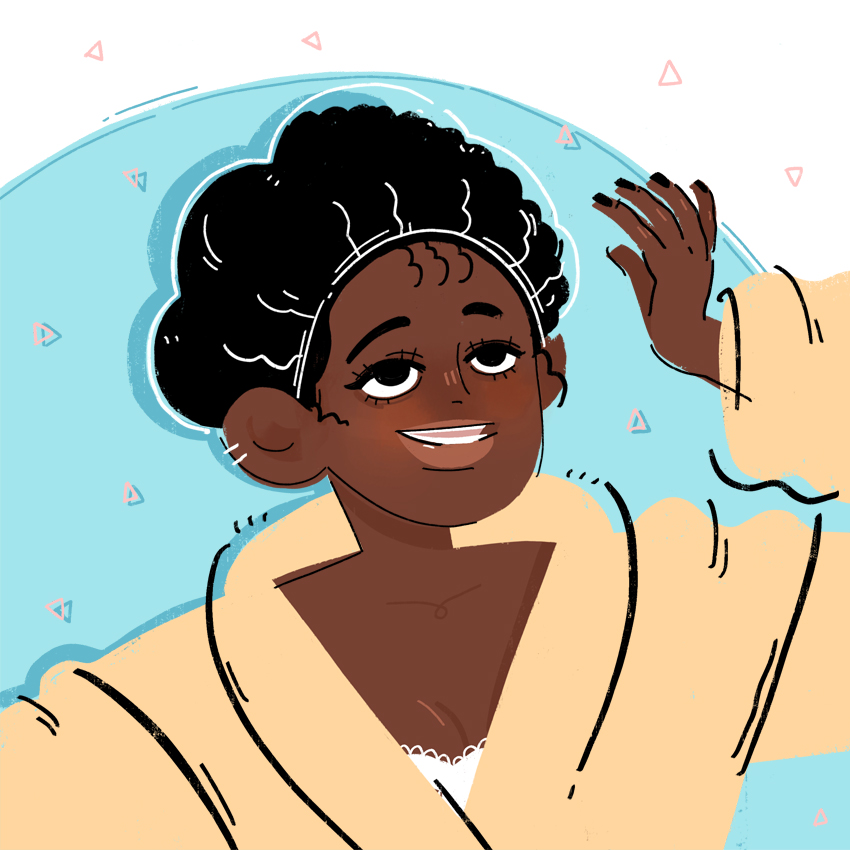
To make sure your hair gets even more moisture so that it can handle all of the styles you plan to try before your next wash day, follow up shampooing with deep conditioning.
As far as the conditioner goes, it needs to be something with a creamy texture that you can let penetrate your hair (with a plastic bag and with or without heat) for 15 to 30 minutes.
4. Wide-Toothed Comb
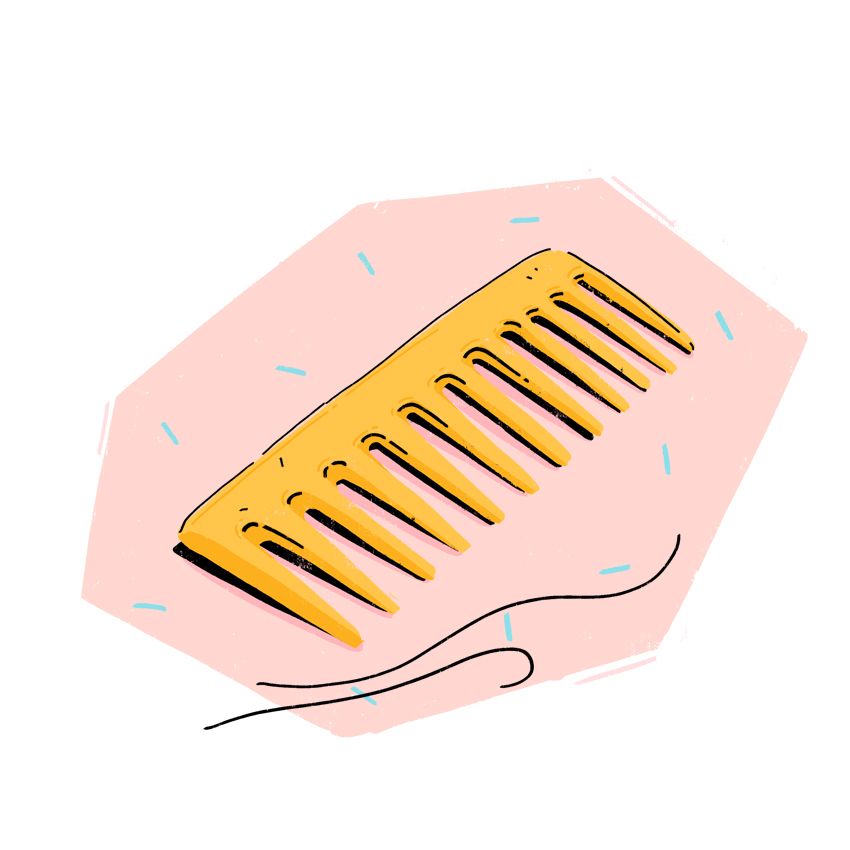
To tell you the truth, the fewer styling tools you use in your hair, the better. That’s why lots of naturalistas rave about putting their locks up in protective styles.
If you need to comb your hair, avoid breakage by either finger-combing your hair or using a wide-toothed comb (or Denman brush). Otherwise, you run the risk of yanking out your hair.
5. Essential Oils
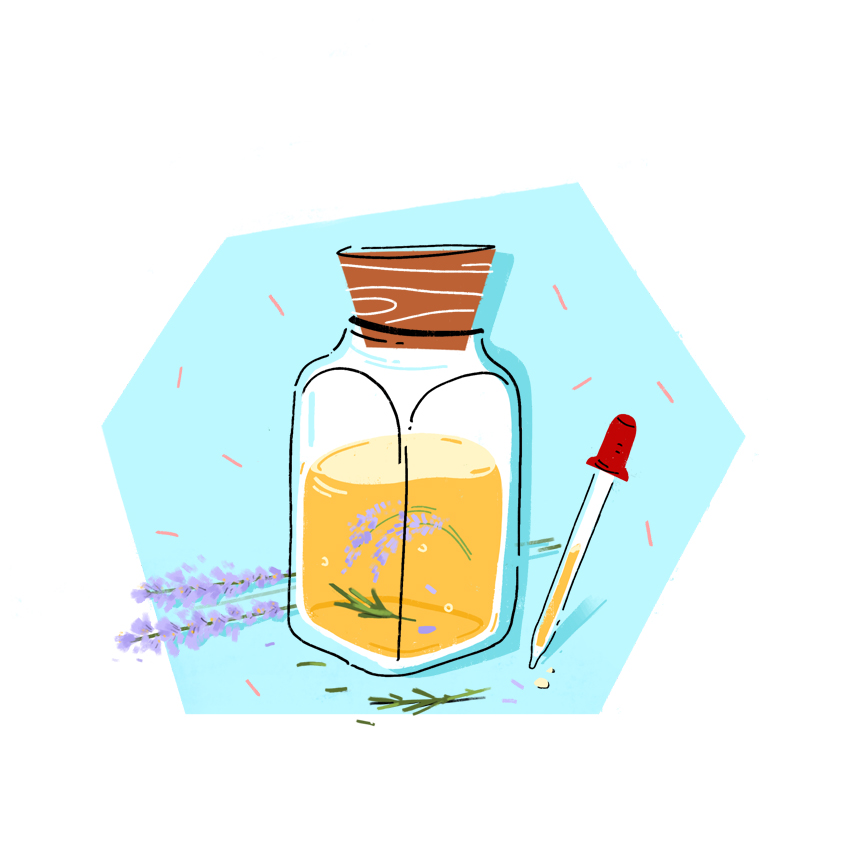
Keeping your hair moisturized with oils is essential, but it’s important to avoid heavy oils (like ones with petroleum) because all they do is coat your shaft, clog your hair follicles, and weigh down your hair.
Instead, opt for essential oils like lavender, peppermint, or rosemary. These oils will help soothe your scalp and promote hair growth.
Make sure to mix your essential oils into a carrier oil like coconut, grapeseed, or avocado oil. They give your hair the extra moisture and protection that it needs.
6. Silk Scarves

When it comes to natural hair, friction is not your friend. Friction tends to happen the most while you’re tossing and turning in the middle of the night on your cotton sheets and pillowcases.
Significantly reduce friction while you sleep by tying your hair up in a silk scarf every night. Scarves are also a great styling tool if you want to protect your hair from outside elements or prevent it from rubbing against your clothing.
7. Hair Shears
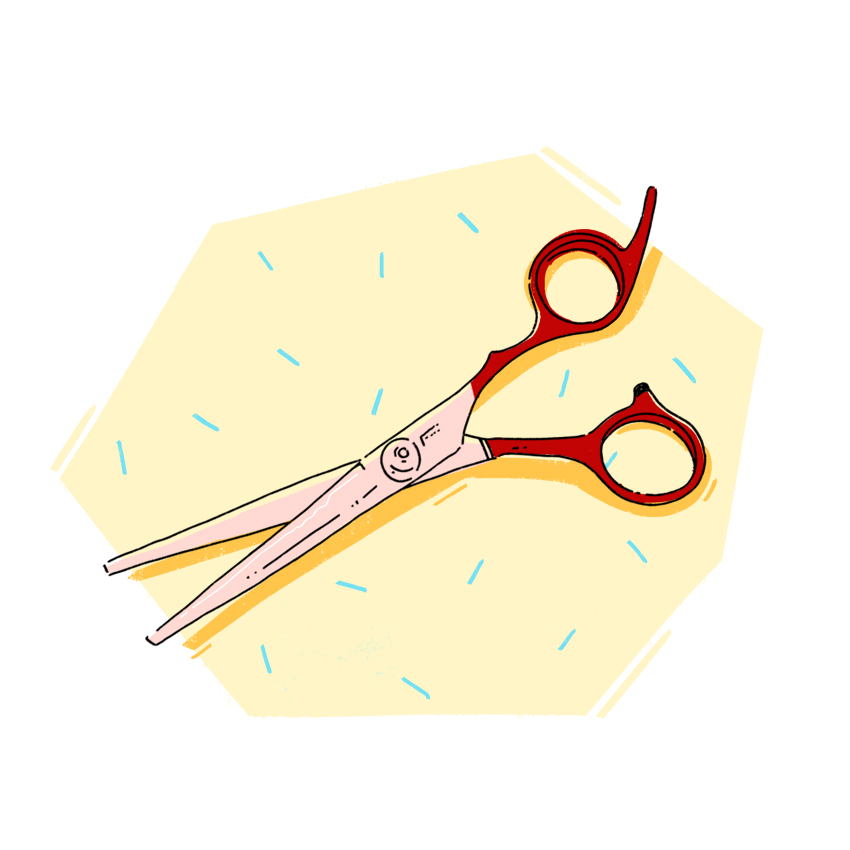
You can keep your hair looking healthy and void of split ends by trimming your hair regularly.
“Regularly” doesn’t necessarily mean every six to eight weeks. It just means when your rub your fingers against the shaft of your hair and it feels “rougher” than the rest.
If you want to save a few bucks, you could be a little daring and “dust the ends” yourself. Relax. It’s easier than you think.
8. Multivitamins

Eating healthy foods allows your hair, skin, and nails to get the nutrients that they need.
Because your hair tends to get whatever is left from your meals after your organs receive the nutrients they need, though, you can supplement by taking a multivitamin. This will improve your overall health as well as your hair health.
9. Scalp Massager
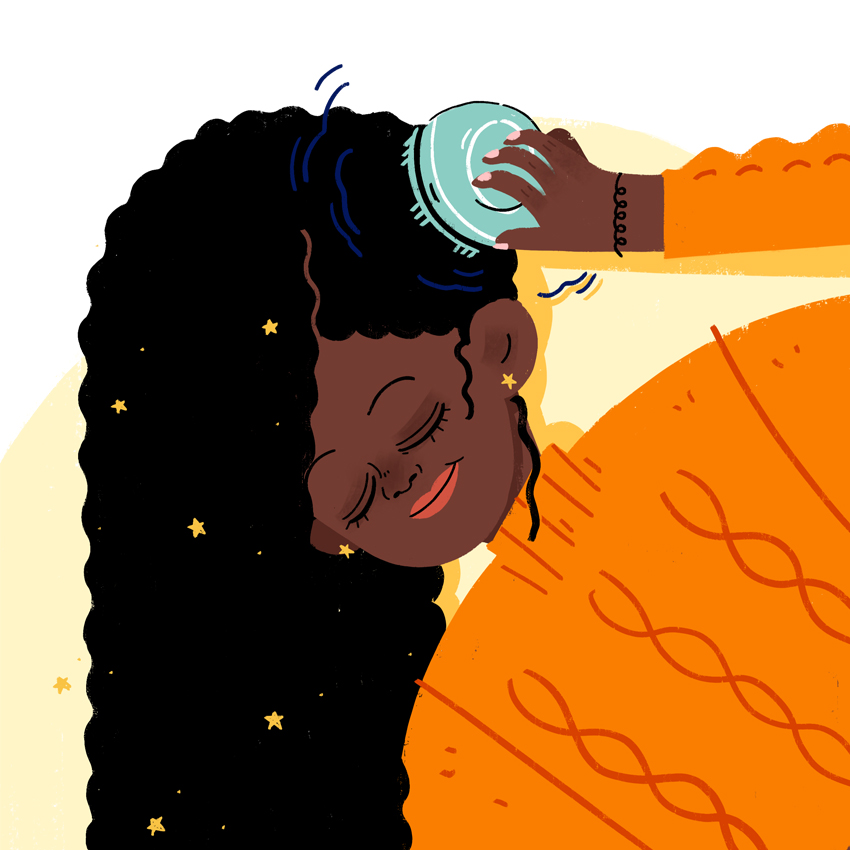
Speaking of nutrients, one way for your scalp and hair follicles to get vitamins and minerals more efficiently is with the help of a massage.
If you’ve got someone who can rub your scalp for you, congrats! If not, there are some really great portable scalp massagers that are their own little piece of heaven.
If you use a scalp massager a few times a week, you’ll notice a difference in your hair after a just a couple of months.
10. Honey
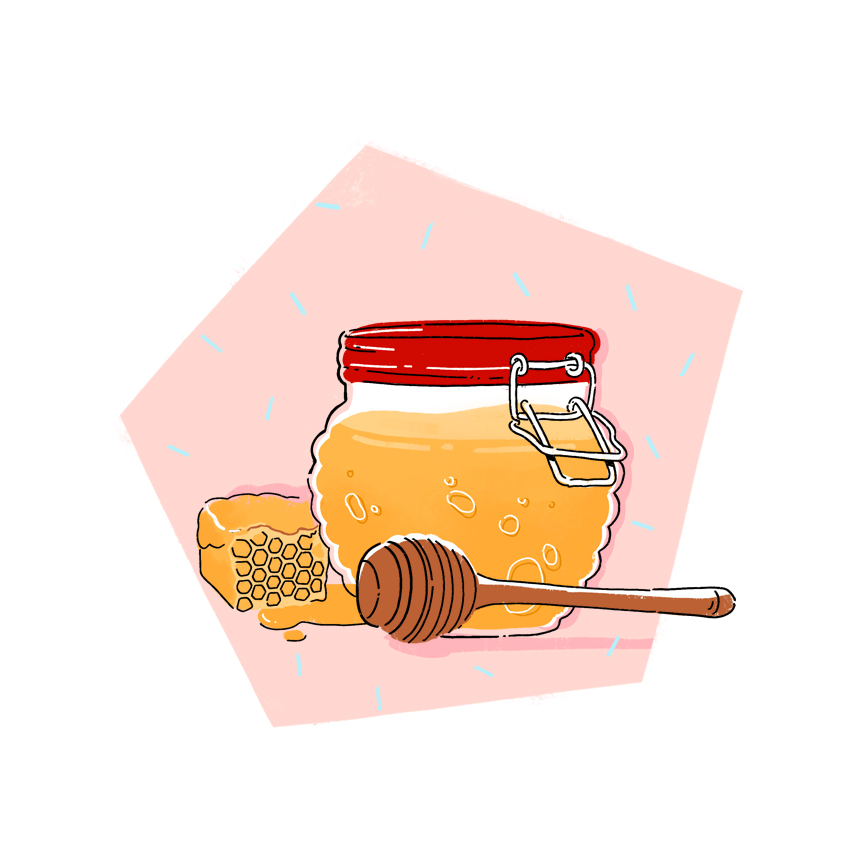
How did honey find its way onto this list? Simple. Honey is a humectant, which means it's able to pull moisture from the air.
By adding honey to your conditioner or creating a DIY humectant spray, you can effectively keep moisture in your natural hair. (It makes your hair super soft, too!)
11. Aloe Vera Gel
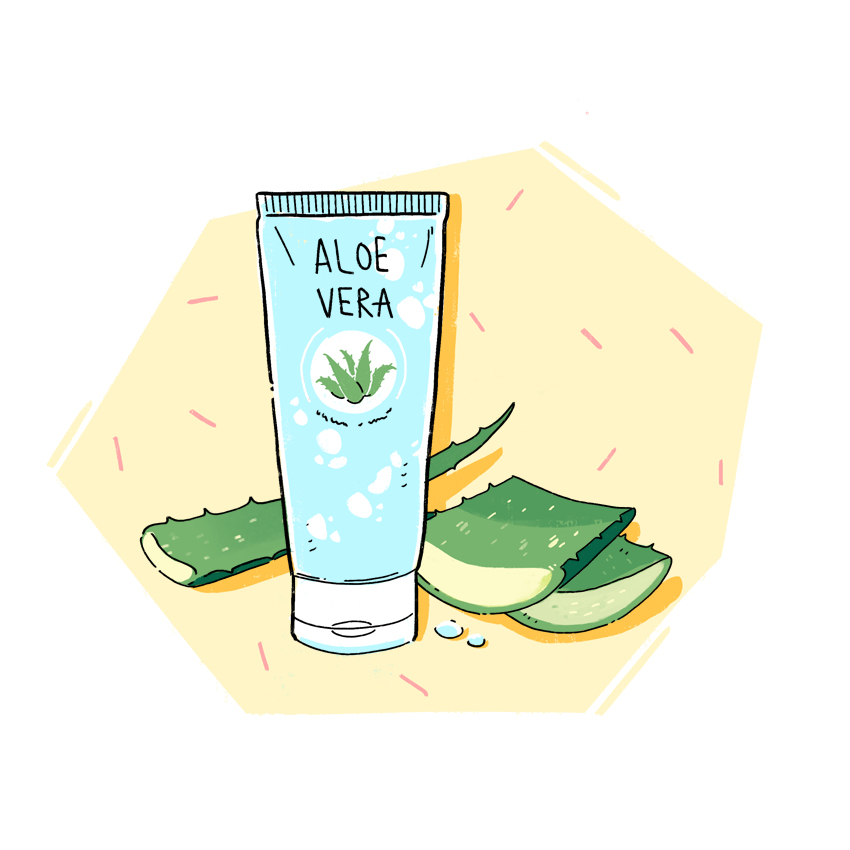
One of the most inexpensive ways to pamper your natural hair is with a bottle of 100% natural aloe vera gel (the kind that doesn’t have any alcohol in it). It’s a good ingredient for "pre-pooing" (prepping your hair for washing), detangling, and styling your hair.
Using aloe vera gel is another way to make your hair extra soft without worrying about having a ton of buildup.
12. Protein
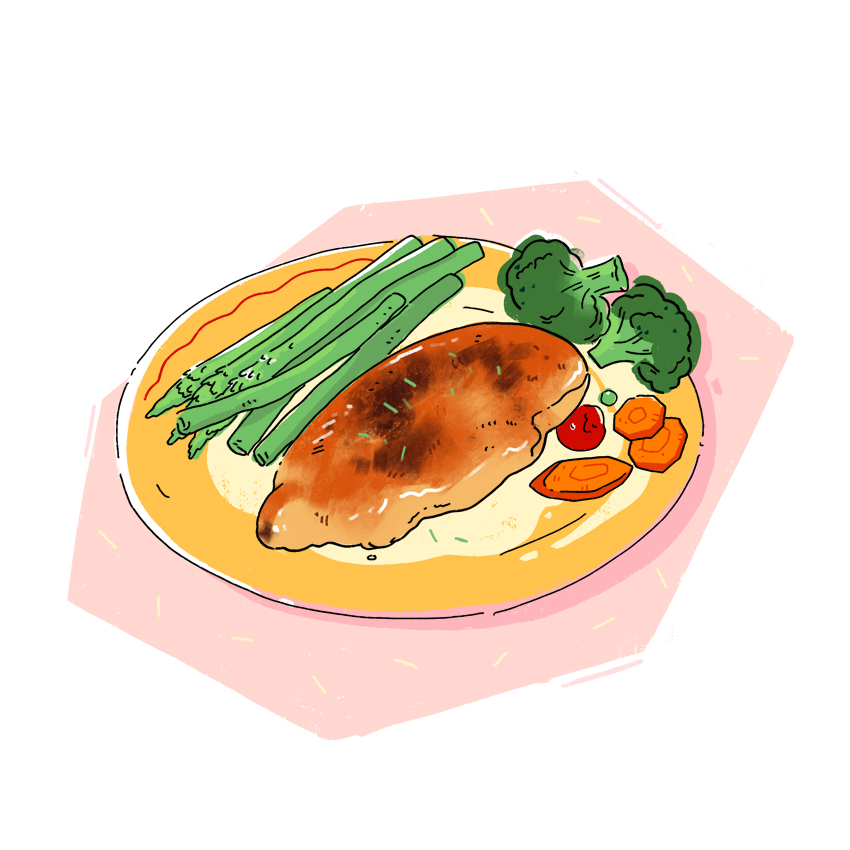
Hair is made up of keratin, which is a type of protein. So it makes sense that you need to eat protein on a regular basis to keep your hair healthy.
Foods that are loaded with protein include lean meats, eggs, Greek yogurt, almonds, broccoli, tofu, and peas.
13. Patience

Here’s the thing: Even if you do follow all of these tips, long natural hair is not going to happen overnight. On average, hair grows a ½ inch a month, which equates to about 6 inches a year — and that’s if there is no breakage.
This means that as you’re figuring out what works best for your hair, you’re going to need to be patient. However, if you’re willing to give your hair some TLC by being consistent with the kind of routine that works for you, you’ll see the results that you’re looking for in time.

